In this RAIR exclusively translated video, French philosopher and journalist Eric Zemmour appeared on the program Face à l’Info to discuss Pope Francis’ recently unveiled left-wing third encyclical which he says was inspired by the grand Imam of Cairo, Ahmad al-Tayyeb. The controversial Imam supports wife-beating, death penalty for apostates, suicide attacks against Jews, execution of gays and Sharia.
In the Pope’s encyclical titled, “Fratelli Tutti” (“Brothers and Sisters All”) he paints a very gloomy and dark picture of the contemporary world. He endorses immigration, globalism and socialism under the premise it will make for a better world.
“The Pope is playing politics. We have a post-Catholic pope. He is no longer a Catholic,” declared Zemmour. He continues to explain that the Pope’s message is no longer universal, but instead, “an extreme left-wing discourse, it’s not Catholicism.”
Regarding the Christian identity of Europeans, Eric Zemmour was also very critical of Pope Francis. “He is an enemy of Europe, he despises Europe. From what I know, he hates France. He does not defend the Catholic heritage, he sells it off. He transformed the Vatican into an NGO”, explains the columnist. Zemmour continues, “He has taken the side of the enemies of Europe. He’s speaking for the extreme Left, who hate the heritage of Europe and our countries.”
Zemmour believes that the Pope knows that “Europe is de-Christianizing at a phenomenal speed” and has chosen to sacrifice the once Christian continent. Instead of putting his energy towards a continent with a dwindling Christian population, he is willing to surrender Europe to Islam, explains Zemmour:
So he considers, like many people around him, that Europe without Christianity is going to die. And that, in any case, it is better to let it die, or at least it is better to leave it to others. Especially to Islam.
Watch the following exclusively translated video by RAIR Foundation USA:
TV Host:
Good evening, everyone. Good evening, gentlemen. Nice to see you again. Good evening, Eric Zemmour.
The third Encyclical of Pope Francis entitled “Brothers and Sister All” was unveiled yesterday, on Sunday. It gives a somber assessment of the contemporary world, and suggests ways to make the world a better place.
Eric Zemmour, how do we decipher this new encyclical?
What should we remember from it?
EZ:
Listen, I confess to you, after reading that I was flabbergasted.
I was astonished by the type of naiveté usually associated with pimply teenagers that was spread on almost every page. It was impressive.
Making the world a better place, that’s good when you’re 14 years old.
As soon as you’re 15 and a half, you don’t believe in it anymore. I remind you that Jesus said , “My kingdom is not of this world.”
He was wiser. It’s, if you like, a kind of idealism, globalism, universalism and I’ll repeat it, naïve, which I confess to you, leaves me stunned.
OK, so, it’s political. In fact, the Pope is being political.
It’s the first time in history, and we’re going to talk later with Marc
about the relations between the kings of France and the popes.
All the previous popes have had their faults, but they were Catholic.
Now we have a post-Catholic pope.
He’s not Catholic anymore.
TV HOST:
What does that mean?
That means that we, you know the famous phrase from G.K. Chesterton, “The world is full of Christian virtues gone mad.” That’s the pope. That’s exactly it!
He’s not doing Catholicism. He adopts an extreme left-wing discourse, but it’s not Catholicism.
Even if Catholicism were universal, and we’ve know for 2,000 years that in Catholic theology, we access the universal through the individual. There are some absolutely magnificent writings by Bossuet, showing the balance between the universal and the nation.
TV HOST
Excuse me.
EZ
—A chewing gum?
EZ
—Yes, Exactly.
Between the universal and the nation.
So, this appears to be a misuse of Catholic dogma to get into politics, and the Pope is spending his time with, or it seems that he wrote in collaboration with, the Grand Imam Ahmed Al-Tayeb. It’s staggering.
He explains that we must defend the identities of poor peoples.
He’s absolutely right. I approve 2,000%, but what about the identities of the European peoples?
He doesn’t care. He explains to us that each and every country is also a country for foreigners.
This reveals that he understood absolutely nothing about the famous text in the Old Testament which says “Welcome the stranger because you yourself have been foreigners in the land of Egypt.”
It is also repeated in the Gospels. Except that the Pope forgets that in the Old Testament, as in the New, the foreigner who is welcomed also leaves. He stays a few days. That’s hospitality.
He doesn’t stay and he doesn’t bring his family or have his family come. He leaves.
That’s the meaning of, “You were a stranger in the land of Egypt. Remember.”
It’s not about having all people from abroad coming to certain countries.
TV Host:
The Pope is not — sorry, I interrupted you. —Please do. —Isn’t it the Pope’s role to be merciful, by being universalist, as you say, isn’t that his role? —That is his role… —Love one another.
Eric Zemmour:
He’s in his role, perhaps, I don’t have the impression that it is his role to give us an encyclical that sounds like a song from the music group Grand Corps Malade [big sick body].
So he’s already stepped out of his role. The Pope, please understand, is the head of the Church.
So, there are Catholics, and there’s a rule that was taught a long time ago, the famous rule of subsidiarity.
It’s not the Maastricht Treaty that invented it. It’s the church.
What does subsidiarity mean? It means that the Pope and the head of the church is for the faith, for the dogma, but not for politics. There, he is completely out of his role.
TV Host:
-Even when he calls for harmony, when he tries to unite, when he wants to see, for example, the migrants, you mentioned, as citizens united together by faith. All that is not…
—It’s politics. —That’s politics? —Yes, it’s politics.
And the other popes? —It’s substituting the country. —The other popes were not political?
The other popes were political too, but they respected the dogma more. If you want, you’re right, it’s a fundamental question. How is this unlike the previous popes or what they did?
We had two great popes, John Paul II and… —Pope Benedict XVI. —Pope Benedict XVI. —One was Polish, the other German, deeply European, deeply rooted in their national identities.
Who believed in nations. Who believed in European nations in particular. So here we have a guy who comes from South America, who despises Europe, who obviously, as far as I know, hates France.
In particular, he despises Europe, and then delivers a universalist discourse like a non-governmental organization.
In fact, he has turned the Vatican into an NGO. I don’t think that’s his role.
He’s speaking like an NGO that’s going to save migrants in the Mediterranean, but that’s not what the church is all about.
Excuse me. It’s not that!
And Pope Benedict XVI, who is still alive, could remind him what Catholic theology is.
I’ve read texts by Pope Benedict XVI, which say something else. Read the writings of John Paul II.
Here, I’m telling you, he’s stepping out of his role. We are aware of where he comes from.
He had his youth formed by the Jesuits in South America in the 1960s.
So that’s very political. That’s very ideological. That’s very left-wing.
So very influenced. I’m not saying that he was linked to the ideology of liberation theology by the Marxists of the ’60s with all the revolutionary movements in South America.
We know that the Church over there was very close to certain Marxist and Communist movements of the time.
It is clear that this is what his universe is. I was going to say cultural, affective, political, and therefore ideological.
You can see all that. You can see where he comes from. You can see who he talks to, as the Marxists used to say, and you can see what he says.
TV Host:
—He says he’s against the death penalty and in favor of equality for women, he’s in favor of welcoming migrants, and says he’s in favor of the total elimination of nuclear weapons.
So according to Eric Zemmour, the Pope must…
Eric Zemmour:
Extraordinary, I tell you, I was saying all this when I was 14, and I grew up in the ’70s.
TV Host:
—Does the Pope have to defend the Catholic heritage? Doesn’t he have to go further? Into this field of politics and geo-politics?
Eric Zemmour:
—He doesn’t defend the Catholic heritage. On the contrary, he sells it out.
You know, I have a rather simple thesis about the Pope.
I think he understood something that distressed his predecessors, and it’s that Europe is de-Christianizing at a phenomenal speed. And that outside of that, it is Christianity, I keep repeating it over and over again, that made France, that made Europe. So he considers, like many people around him, that Europe without Christianity is going to die. And that, in any case, it is better to let it die, or at least it is better to leave it to others. Especially to Islam.
And he makes a strategic choice, he’s chosen geo-strategy.
There are continents where there are still a lot of Christians, or in any case, there’s a lot of conversion.For example in China. For example in South America. For example in Africa.
That’s where the demographic and political potential is, and I was almost going to say economic potential.Europe, unfortunately, is in the process of de-Christianizing. So he is sacrificing Europe.
He is sacrificing Europe. He dresses this terrifying geostrategic choice for Europeans and European Catholics with a discourse of universalist veneer and “Care Bear love”.
I don’t think that brings honor to this pope. I don’t know, who wants to react?
TV Host:
My last question: what bothers you the most? The fact that he criticizes Europe, or the fact that he’s using this universalist discourse? What bothers you the most?
Eric Zemmour:
All of it bothers me. All of it bothers me.
I mean, this pope, as you can see, is obviously an enemy of Europe.
He has taken the side of the enemies of Europe. He’s speaking for the extreme Left, who hate the heritage of Europe and our countries.
You know, Catholics are not obliged to obey the pope if he becomes political.
They have to obey the pope, as I said earlier, for the principle of subsidiarity.
They have to obey the pope for the dogma, but this is not dogma. He’s becoming political.
Catholics aren’t obliged to obey him.
TV Host:
—Marc. —I’d like to touch on two or three points, but I don’t have time to develop everything. —No, no. No time.
Marc Guest on Show:
The first point is about the hegemony of Christian dogma, which a number of popes have wanted. In a few moments, we’ll talk about Boniface VIII.
Meaning, at that time, the Pope dreamed of Europe as a Christian kingdom.
So it was extremely political. They wanted to reign over kings.
That’s the first point, no, but it’s to remind you, because you always like historical references.
Eric Zemmour:
You’re right, you’re right.
Marc Guest:
—The second point, I’d like to say I reflect on, is his mentality. When you evoke his youth in Argentina, you mustn’t forget, what happened in Argentina, with murders.
—A dictatorship. A horror of barbarism, which was led by the military, and I think there was s a kind of bruising that gave the him desire for a better world.
No but, it’s to accept what he is.
Eric Zemmour:
—I totally agree with that, on both points. 1. Popes have always been in politics. You are absolutely right, but, precisely, the King of France has always resisted. That’s what you’re going to tell me. —But OK, no, but I agree. In particular.
There have always been theocratic tendencies in the church, but it was fought by Jesus Christ’s own words.
The kingdom is not to summon. We give back to Caesar what belongs to Caesar and to God what belongs to God. Well, I am sending it back to the Pope today.
All right, but I want to say that the intention of Boniface VIII And all the others, it was the same. The other point is how in this case of John Paul II, John Paul II was an extremely political pope. He fought against communism and helped to bring communism to an end.
—You are right. I had said all the Popes are political. —Demetri.
Pope Francis, by the way, in the U.S. had a very bad time,
he was described as a crypto communist. —They are right. —And besides that, there was still resistance to a point of this encyclical because it was entitled “Fratelli Tutti”, all brothers, and he was reproached for giving it that title.
This is the very principle of the Left.
It’s never left enough.
And that — and that’s the history of the French Revolution.
You can never be left enough. And so the pack will have to make every effort to please these people. They will never please them enough because he’s the pope of the Catholic Church; whether they like it or not, he’s not the great imam of Al-Azhar University in Cairo.
I still think that there’s a point that explains to his personal convictions but also political positioning vis-à-vis the evangelicals, I think.
He and South Americans, as you mentioned, there’s a lively competition within the Catholic Church. —I said that. —That’s a part of it. —I’m saying he’s after countries where there are still Christians. —That’s right.

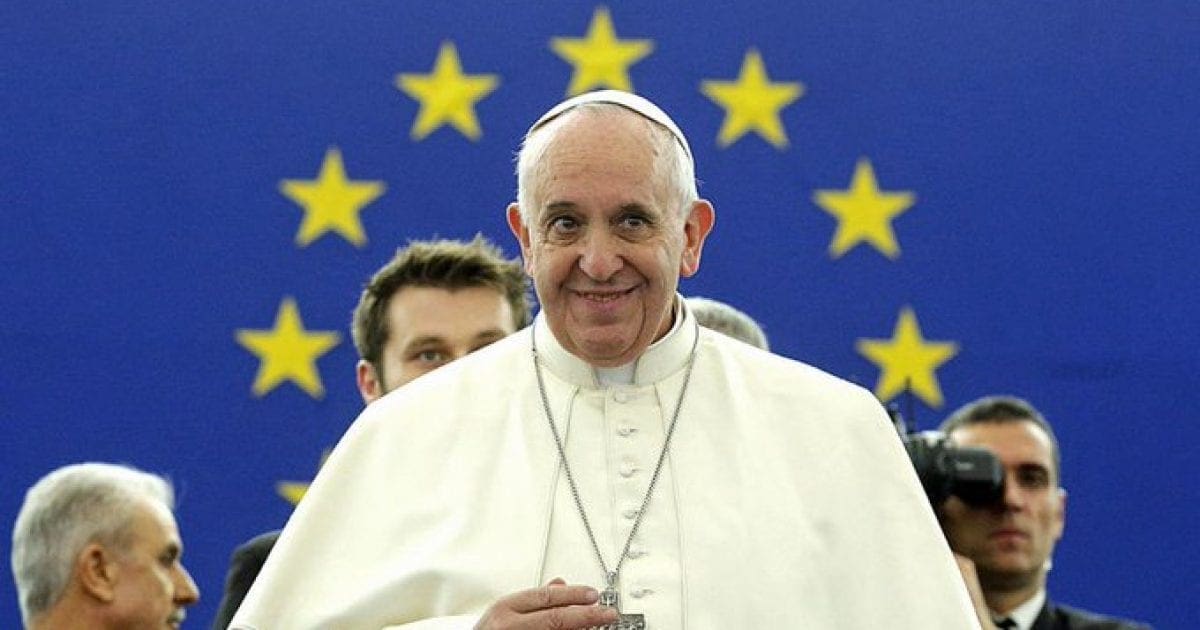
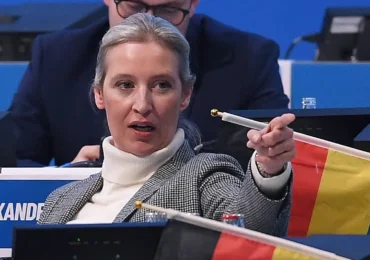
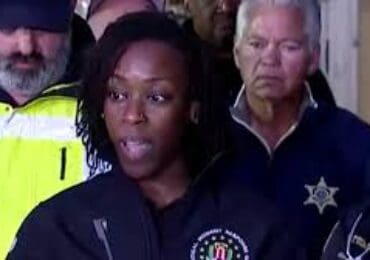
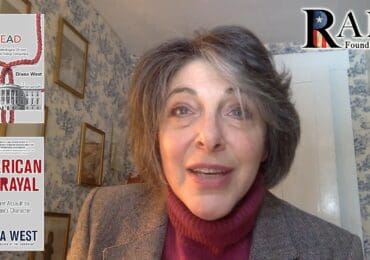
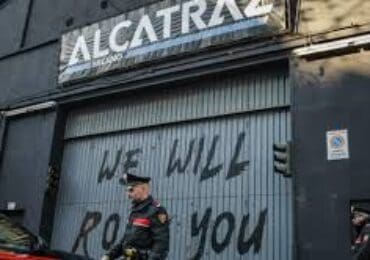
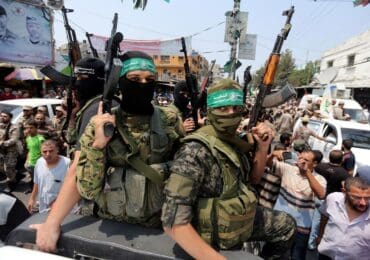
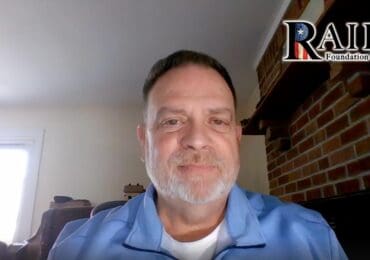

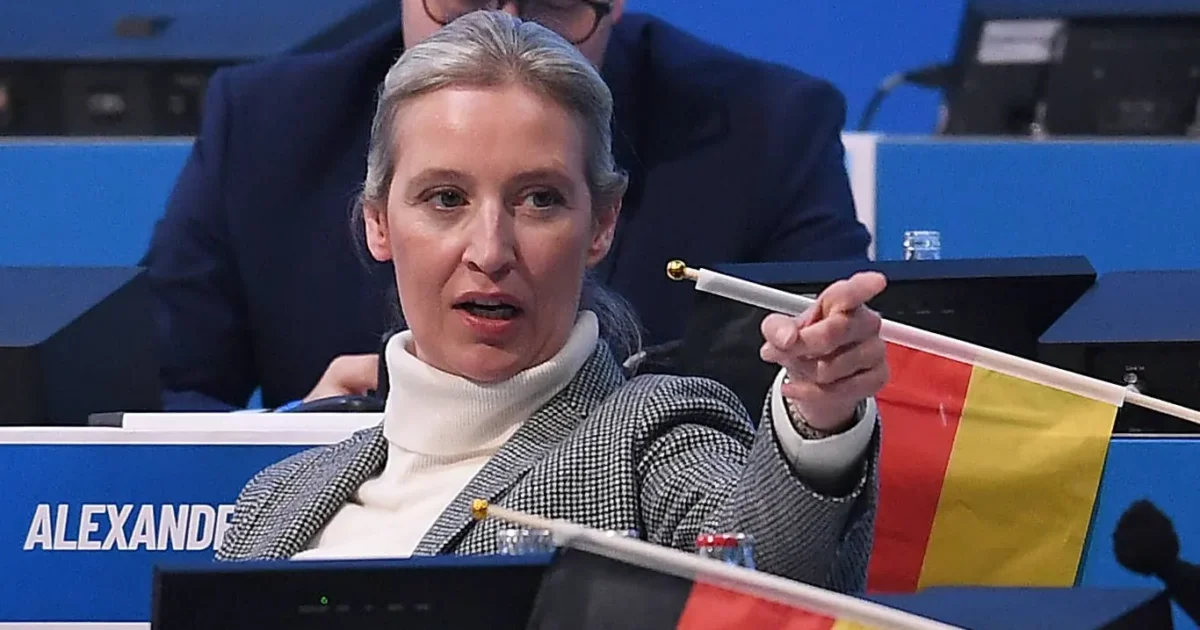
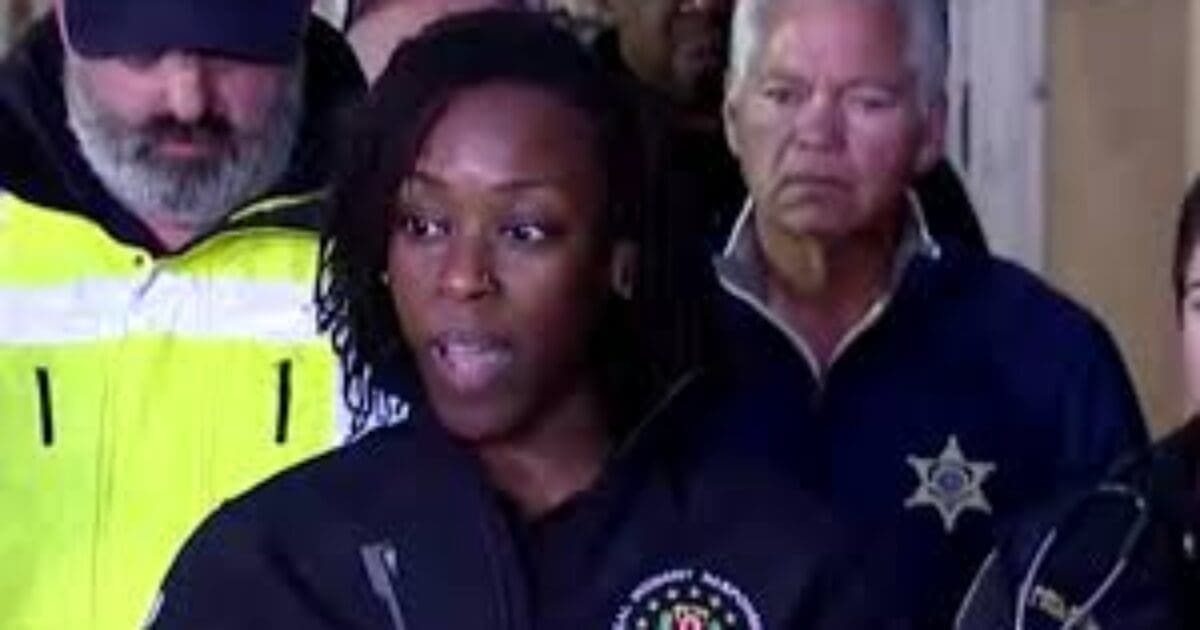
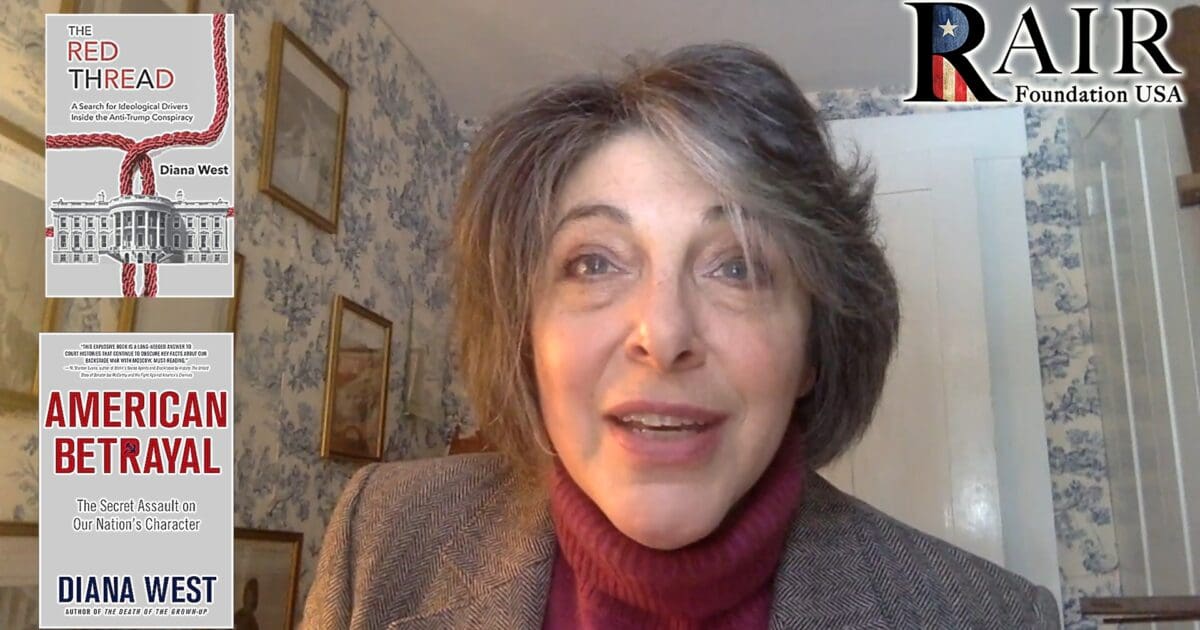
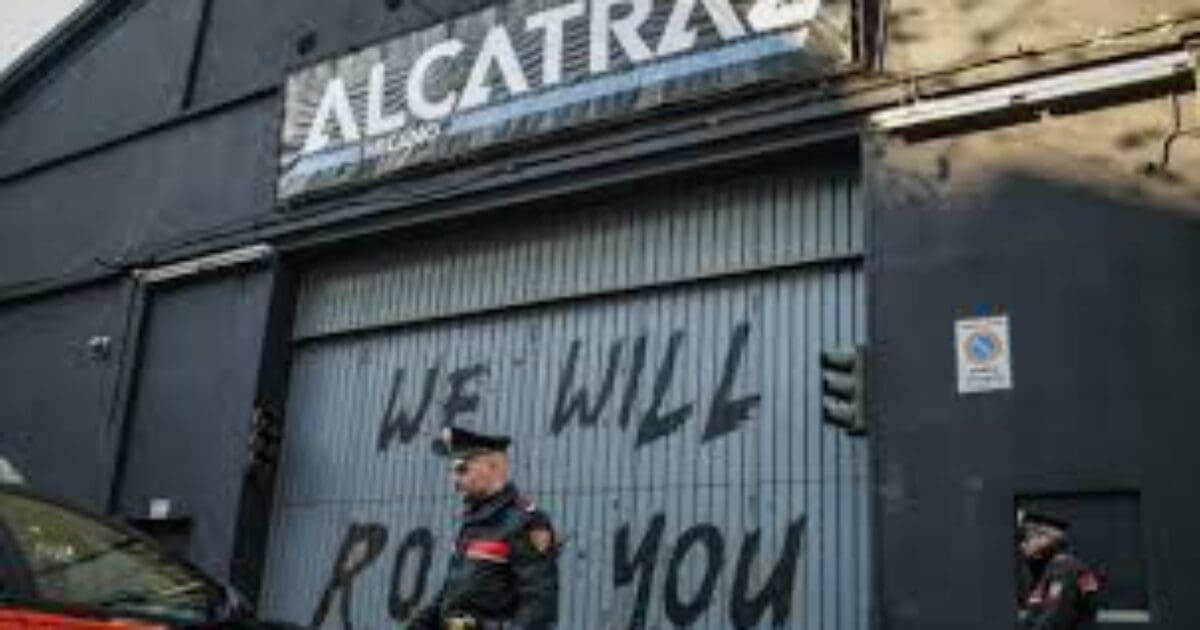

Pope Francis is surrendering Europe to Islam because he know that the fall of Europe is inevitable – it’s to late to stop it.
“Is the Pope Catholic?” used to be a rhetorical question for something obviously true. Not with this one.
Apres nous, le deluge….
He should have chosen the name Pope Stanley II. The first was Stanley Laurel.